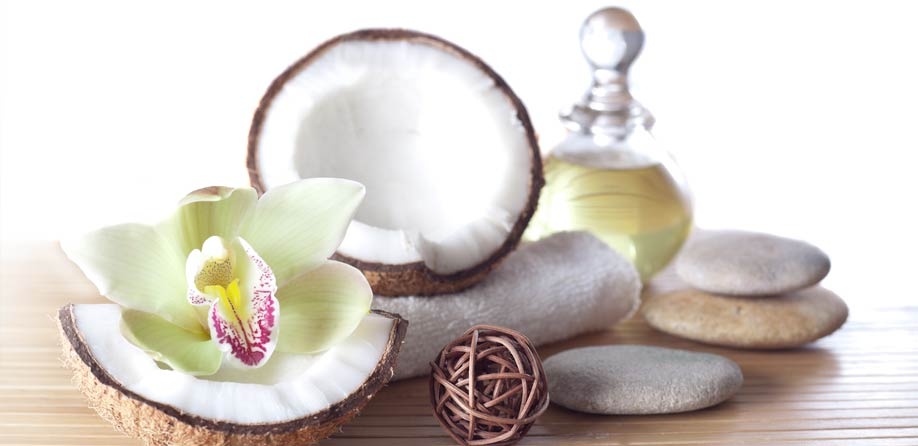In a time when strange viruses are making headlines around the world, it’s good to know about the most powerful natural antiviral: coconut oil. The antiviral activity in coconut oil is remarkable, even among the most resistant viruses, and the best part is, if it’s virgin and organic, there isn’t a man-made chemical in the mix.
Think it’s too good to be true?
Bruce Fife, C.N., N.D. shares, “Laboratory tests have shown that the MCFAs (medium chain fatty acids) found in coconut oil are effective in destroying viruses that cause influenza, measles, herpes, mononucleosis, hepatitis C and AIDS; bacteria that can cause stomach ulcers, throat infections, pneumonia, sinusitis, urinary tract infections, meningitis, gonorrhea, and toxic shock syndrome; fungi and yeast that lead to ringworm, candida, and thrush; and parasites that can cause intestinal infections such as giardiasis.” Sounds like a powerhouse to me.
The antiviral, antibacterial, and antifungal properties of coconut oil are directly attributed to the medium chain fatty acids (MCFAs) in the oil, including capric acid and caprylic acid, and the powerful lauric acid. These fatty acids are concentrated in coconut oil; they make up over 60 percent of all that’s in the oil.
Medium chain fatty acids are unique and found in only a few places in nature. Interestingly, another place medium-chain fatty acids are found is in mother’s milk. In mother’s milk, these medium-chain fatty acids are what protects the infant as his/her immune system is developing. And the more the mom has in her body, the more protection the infant will receive.
As antiviral and antibacterial agents, medium chain fatty acids work like this:
Like humans, viruses and bacteria have a skin, or outer coating to keep foreign invaders out. Most viruses and bacteria have a malleable, fluid-like skin that is composed of a fatty substance. Inside this fatty skin resides the rest of the organism, including the organism’s DNA.
Because the fatty acids in coconut oil are similar to the pathogen’s own skin, the fatty acids are attracted to the organism and are easily absorbed right into it. For the pathogen, it’s like opening the door to an ax murderer, because the MCFAs look like its best friend.
Once inside, the pathogen finds that the medium chain fatty acids are actually much smaller than the fatty acids that make up its own outer casing and this begins to break apart the pathogen’s casing.
According to Fife, the smaller medium chain fatty acids “weaken the already nearly fluid membrane to such a degree that it disintegrates. The membrane literally splits open, spilling its insides and killing the organism.”
It does this all without causing any harm to human cells or tissues.
Want to learn more? See Hippocrates Coconut Oil (Finest Food-Grade, Extra Virgin, Organic, Cold-Pressed, Unrefined, Unbleached, Unhydrogenated, Undeodorised)





